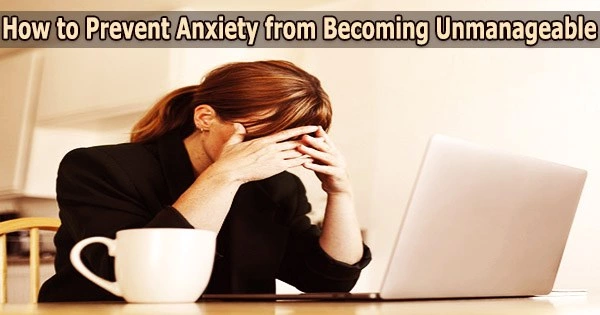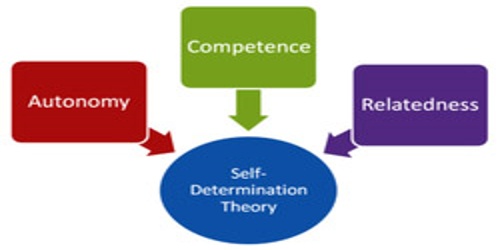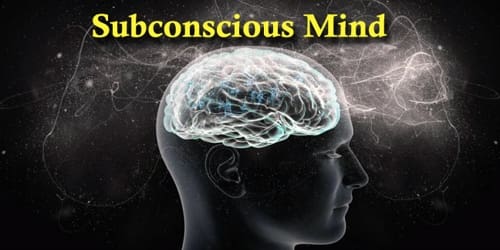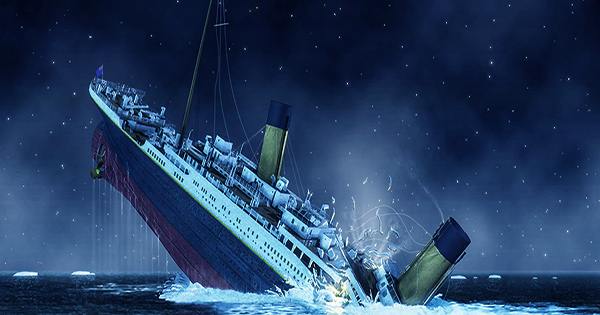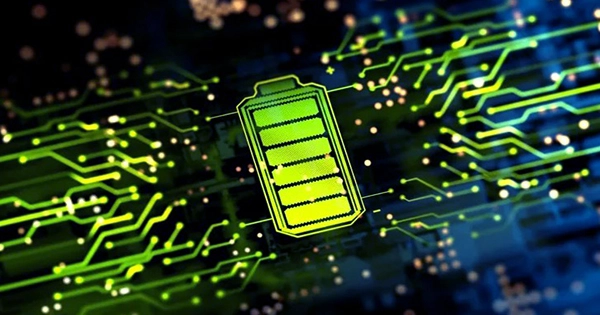Anxiety is a feeling of unease, worry, or fear that can be mild or severe. It is a normal reaction to stress or danger, but it can become overwhelming and interfere with daily activities if it becomes chronic or severe. Anxiety can present itself physically, emotionally, and behaviorally.
#Jim is stuck in a cycle. He’s an athletic man in his 40s who works as an EMT, and he is prone to panic attacks. When panic strikes, Jim’s heart palpitates, his throat closes up, and he thinks, Oh no, I’m having a heart attack! or Oh no, I’m going to end up with super-high levels of anxiety and I’m not going to be able to tolerate it!
#When Amelia describes her onrush of anxiety, she says it feels like a hurricane that gradually mounts in intensity. It starts with the stormy winds of anxious feelings, and these are quickly followed by a torrent of guilt and shame. “I judge myself for feeling anxious,” she says to me. “I get concerned that I have a disease that I’m not strong enough and I won’t be able to handle life.”
There are different types of anxiety disorders, including generalized anxiety disorder, panic disorder, social anxiety disorder, and specific phobias. In both of these cases and countless others there are actually two types of anxiety happening.
The First Type of Anxiety
The first is the initial experience of anxiety, such as Jim’s heart palpitations and Amelia’s anxious feelings. These are uncomfortable, but completely innocuous. Yes, experiencing some worried thoughts, sentiments, or sensations is not in any way troublesome, hazardous, or harmful. In fact, the unpleasant bodily symptoms that come along with this type of worry are intended to keep us awake and conscious.
The Second Type of Anxiety
The second type of anxiety involves how people respond to the first. In Jim’s case, he catastrophizes and thinks the worst. As for Amelia, she gets caught in a pattern of judgment and self-criticism. It’s this second form of anxiety that gets people into trouble.
When we perceive our initial (unpleasant but harmless) physical sensations of anxiety as a reason for concern, our apprehension triggers adrenaline to release into the bloodstream. This causes our anxiety to cascade further, which typically begets more catastrophizing and self-criticism. A vicious cycle results, and, voila anxiety gets out of control.
The fundamental belief that we shouldn’t experience fear is what starts and feeds this vicious loop. Our need to get rid of anxiety increases our symptoms. After the initial shock of understanding shakes free layers of mental and emotional debris till the person fears being suffocated, for some it’s more like an avalanche than a hurricane.
The above raises a question: If the initial experience of anxiety isn’t inherently dangerous, but merely uncomfortable, why does it make us so afraid?
The Desire for Control and Security
The most compelling explanation I’ve found for this paradox is that our culture is obsessed with control. The financial markets, upcoming elections, flu epidemics, professional sports results, and even the weather are all predicted today.
Yet despite the fact that such prophecies are usually off, frequently by a significant margin, we study them, much like the Roman soothsayers did with the sacrificed animals’ entrails.
Along these lines, we medicalize normal mood states. What was once considered standard levels of stress in decades past is a reason for a Xanax prescription today. We expect our emotions to be totally even-keeled we want to feel equanimity and peace and happiness all the time.
As a result, we cannot handle the discomfort or perceived danger of feeling anxious and unmoored. Our inability to accept a full range of normal human emotion (including the first type of anxiety) leads our distress to intensify (the second type of anxiety).
We do all of this because our culture cannot tolerate uncertainty. We would prefer to predict the future and be completely wrong than to admit we have no clue what’s going to happen!
We are also obsessed with security. In the context of our society’s unparalleled and unprecedented affluence, we have become accustomed to a false sense of safety. When moments of threat penetrate the veil, we are thrust into panic.
Strangely, people in the third world are less inclined to expect protection or security, which puts them at an advantage when it comes to worry. As such, when reality hits, it is simply understood and accepted as a part of life. Perhaps it’s for this reason that anxiety is higher in the United States than in all other nations on earth, and wealthier nations are substantially worse off than those with fewer resources.
How do we stop our anxiety from getting out of control?
We need to internalize that the initial experience of anxiety itself is not a problem. Nothing is wrong with you for being tense, anxious, or afraid. Anxiety is nothing to fear; in fact, the initial experience of anxiety is actually positive, since it keeps us alert, aware, and safe.
If we grasp this fundamental idea, we will no longer need to catastrophize about our anxious sensations or condemn ourselves for experiencing them, which will reduce the likelihood that our anxiety will spiral out of control.
Treatment for anxiety may involve therapy, medication, lifestyle changes, or a combination of these approaches. It’s essential to seek professional help if anxiety is significantly impacting your life.
